ROBERT B. TOWNSEND is the deputy director of the American Historical Association, where he has worked for more than twenty years.
The University of Chicago Press, Chicago 60637
The University of Chicago Press, Ltd., London
2013 by The University of Chicago
All rights reserved. Published 2013.
Printed in the United States of America
22 21 20 19 18 17 16 15 14 13 1 2 3 4 5
ISBN-13: 978-0-226-92392-5 (cloth)
ISBN-13: 978-0-226-92393-2 (paper)
ISBN-13: 978-0-226-92394-9 (e-book)
ISBN-10: 0-226-92392-4 (cloth)
ISBN-10: 0-226-92393-2 (paper)
ISBN-10: 0-226-92394-0 (e-book)
Library of Congress Cataloging-in-Publication Data
Townsend, Robert B., 1966author.
Historys Babel : scholarship, professionalization, and the historical enterprise in the United States, 18801940 / Robert B. Townsend.
pages cm
Includes bibliographical references and index.
ISBN-13: 978-0-226-92392-5 (cloth: alkaline paper)
ISBN-13: 978-0-226-92393-2 (paperback: alkaline paper)
ISBN-13: 978-0-226-92394-9 (e-book)
ISBN-10: 0-226-92392-4 (cloth : alkaline paper)
[etc.]
1. HistoriographyUnited StatesHistory. 2. HistoryStudy and teachingUnited States. 3. HistoriansUnited States. I. Title.
D13.5.U6T69 2013
907.2073dc23
2012017474

This paper meets the requirements of ANSI/NISO Z39.48-1992 (Permanence of Paper).
Historys Babel
Scholarship, Professionalization, and the Historical Enterprise in the United States, 18801940
ROBERT B. TOWNSEND
THE UNIVERSITY OF CHICAGO PRESS
CHICAGO AND LONDON
TO THE MEMORY OF ROY ROSENZWEIG
Contents
Figures
Acknowledgments
Early in graduate school I was taught to look at acknowledgments as a useful tool for the readera valuable opportunity to puzzle out friends and intellectual antecedents for the work, as the author briefly drops the veil of scholarly objectivity. Over time, Ive come to appreciate them as a valuable resource for assessing the rich set of interlocking communities of support for our profession, which puts the lie to one of the great myths of our disciplinethe notion of the solitary scholar, struggling on in isolation. In my case, this study emerged out of two decades of conversations with historians and specialists working in a wide variety of settings, and I cannot do proper justice to them all. But a few names stand out, and merit particular notice.
This study took a rather long and tortured journey, germinating through almost twenty years on the staff of the American Historical Association before it was finally forced into written form. This book is dedicated to Roy Rosenzweig, who set me on the path to this project with a seemingly simple question about how new media might change history scholarship, and then coaxed me to pursue the answer to the end. He was exceptional both in his careful reading of early (and fairly awful) drafts and in his ability to nurture and inspire with his enthusiasm and careful questions. His death when this was barely half done was a personal loss that is still keenly and painfully felt.
I was exceptionally grateful and fortunate that Peter Stearns was willing to step in and guide the project to its conclusion. He applied gentle pressure to get me back on track and set speed records for returning comments that I know many writers can only envy. I also owe special thanks to Rosemarie Zagarri. She convinced me that American history was not the oxymoron that a young European history snob assumed. But I benefited from her good advice and counsel through the years, and she provided invaluable comments and encouragement along the way. And Rosemary Jann deserves special appreciation. She offered very detailed and invaluable advice on critical chapterssharpening the prose and forcing me to think about how this might work as a book for a more general audience.
Beyond those with a direct hand in the writing process, I also accumulated debts too numerous to mention to various members of the discipline who were under no obligation to assist. As executive director of the association, Arnita Jones provided more encouragement and support than I could ever have hoped or reasonably expected. And my other colleagues at the AHA helped carry the burden of my occasional absences and general distraction over far too many years. Outside the confines of the association, a remarkably eclectic array of scholars and historiansRobert Adcock, Joyce Appleby, Tom Bender, Richard Bond, Rebecca Conard, James Cortada, Julie Des Jardins, John Dichtl, Paul Forman, Linda Kerber, Lawrence Levine, Jerry Z. Muller, James Sparrow, Ian Tyrrell, and William Weberall read pieces of this study at various steps along the way and offered thoughtful advice and suggestions, as well as general encouragement that kept this moving along to completion. And my dear friends in the Murky Coffee study group (Katharina Hering, Steven Saltzgiver, Sheila Brennan, Bill Carpenter, Roger Mellon, Jenny Lansbury, and Kevin Shupe) read a number of early proposals and drafts and posed a number of hard questions. To the extent I failed to heed any of the suggestions or critiques received over the years, the fault is entirely my own.
Professionally, I owe special thanks to the staff at the Manuscripts Division at the Library of Congress, whose model of a well-run archival collection first inspired my interest in that aspect of history work. But I also owe thanks to the archival staffs at Harvard University; Indiana UniversityPurdue University Indianapolis, the University of Minneapolis, the Briscoe Center at the University of Texas, the Wisconsin Historical Society, and the North Carolina Historical Commission for their assistance in finding materials for this study. And I owe a special word of thanks to Sarah Steinbock-Pratt, who assisted with some crucial last-minute research when the papers of the National Council for Social Studies opened up quite late in the writing process.
After the manuscript reached a relatively finished form, I greatly benefited from the good cheer and enthusiasm of my editor at the University of Chicago Press, Robert Devens. He made the entire process much easier than I expected. And I owe particular thanks to Jim Banner, both for putting me in touch with the press and for reading the manuscript at a number of stages along the way. Together with an anonymous reader for the press, he helped to expose a number of analytical weak points and provided essential guidance as I embarked on a second round of research.
Through it all, I incurred my greatest debt to Liz Townsend, who put up with the highs and lows of the entire journey, tolerated the occasional holes in the family finances to pay for my research sojourns and that one last book I really needed, and ultimately polished up the final product with one of the sharpest editorial eyes in the business. She is, as ever, the true secret to my success.
Introduction
Casting an Olympian gaze over the work of the history discipline in 1910, one of the early eminences of the field, J. Franklin Jameson, envisioned history as a vast panorama of activity. As editor of the American Historical Review and director of the Department of Historical Research at the Carnegie Institution of Washington, he sat at the center of two national networks of historical activitythe first for scholarship, the second for the tools and materials of research. From that perspective, he fit the monograph writing of academics into a much larger array of historical practices, encompassing popular history making, school teaching, and the work of historical societies.


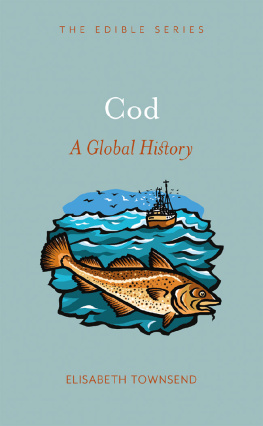

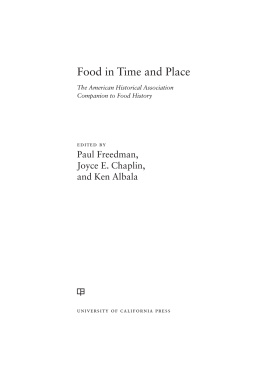
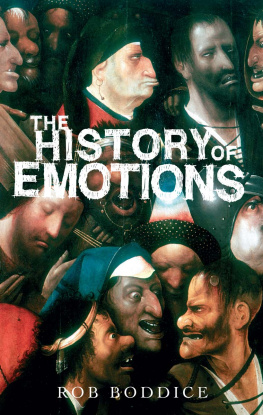
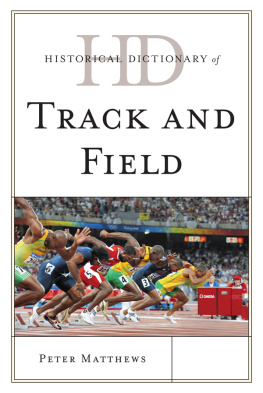
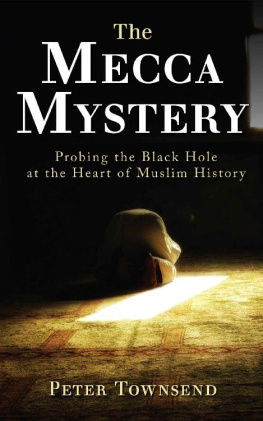
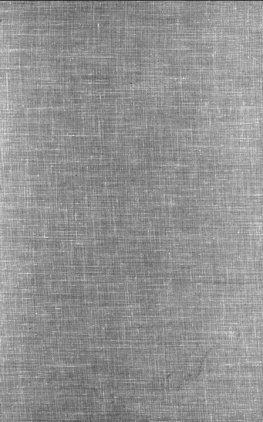
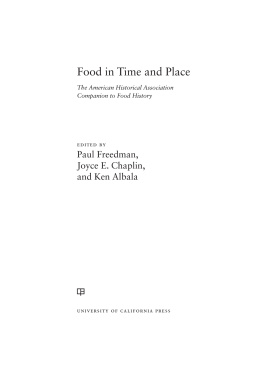
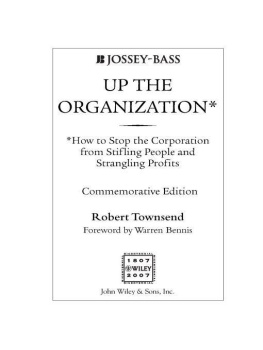
 This paper meets the requirements of ANSI/NISO Z39.48-1992 (Permanence of Paper).
This paper meets the requirements of ANSI/NISO Z39.48-1992 (Permanence of Paper).